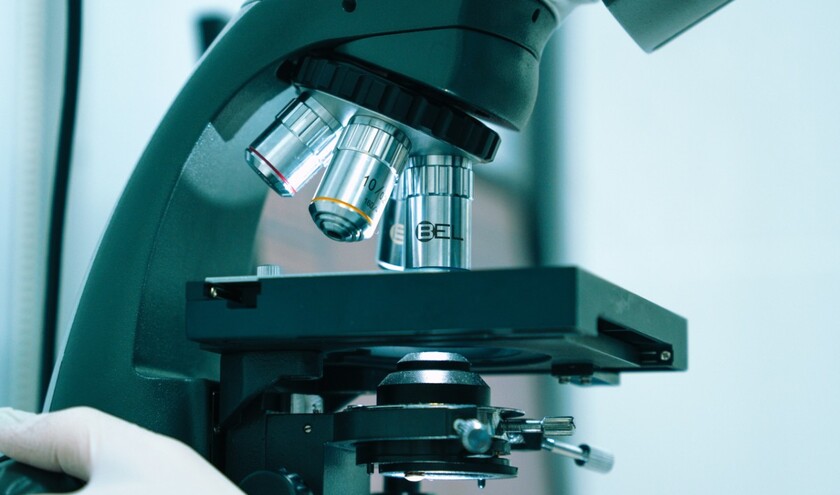Over the coming months, UKHSA laboratories, using £1.3m of investment from the UK Integrated Security Fund, will assess the use of technologies to improve the UK's ability to detect and identify the genetic material of various viruses in wastewater, tracking how the amount of virus detected changes over time.
The programme builds on the UK's existing wastewater surveillance for polio and, if successful, could develop the UK's capability to detect dangerous diseases.
In addition, the programme will explore the potential of these technologies to create an early warning system for pathogens such as Mpox, West Nile Virus, and Lassa.
Professor Steven Riley, UKHSA chief data officer, said: ‘Wastewater monitoring has the potential to be central to our work on pathogens that threaten public health. It shows great promise as a cost-effective way for us to quickly detect a range of emerging pathogens, which is vital for an effective response.
‘This is an exciting and important project. The diversity of biological threats is increasing globally, and it's crucial that we stay at the cutting edge of new technology to detect them.'
The UKHSA wastewater monitoring project for pathogen detection is one of several biosecurity projects funded through the UK Integrated Security Fund Biosecurity Portfolio, launched by the Cabinet Office earlier this year.



